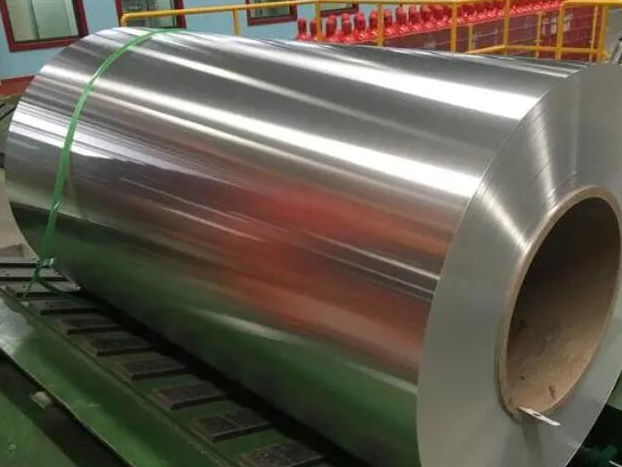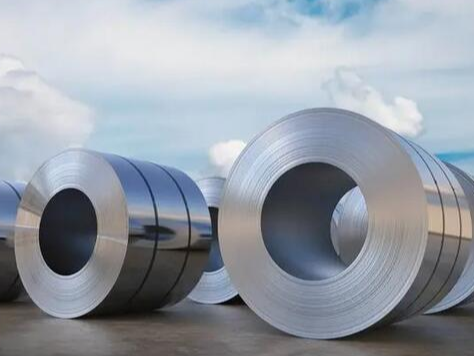
What Is Aluminum Coil?
Unlike flat sheets, a coil is a coiled piece of aluminum material. The core is a hollow cylinder on which the coiled material is wound, thereby forming the interior diameter of the coil itself. Depending on the application, coils can be heat treated, non-heat treated, diamond coated or tread, or pre-painted.
Aluminum coil can be produced from aluminum ingots or other forms of raw aluminum (called cold rolling or direct cast) or from a smelting process directly through rolling (called continuous cast). These sheets of rolled aluminum are then rolled up, or coiled, around a core. These coils are densely packed, making them easier to ship and store when compared to aluminum in sheet form. Coil is used to manufacture an almost unlimited range of components used in an extensive number of industries.
Pure aluminum is too soft for most manufacturing applications. Therefore, most aluminum coil is manufactured and supplied as an alloy. These alloys composed of at least two or more elements of which at least one is aluminum. Aluminum alloys for sheet products are identified by a four digit numerical system which is administered by the Aluminum Association. When alloyed with other metals, aluminum’s mechanical and other properties can be tailored to meet specific requirements for strength, formability, and other properties.
Aluminum coil is available in variable lengths, widths and thicknesses, also referred to as “gauge”. The exact dimensions are determined by the size of the components being made, and the manufacturing process that is used to produce them. Several surface finishes are available including mill, matte and bright. Selection will depend on the use and desired look of the finished part.
These coils also come in a wide range of grades, such as 1100, 3003, 5052, 5083, and 8011. Because of their strength and durability, these coils can withstand significant use and abuse. A coil is also available in different thicknesses, from 0.002 to 0.276 inches, and widths range from 0.79 to 120 inches.
Aluminum coil is also offered in various tempers. It may be provided “as fabricated”, called “F” temper, which has no defined mechanical limits, and where no special control has been applied over thermal or work-hardening conditions. Since this approach is subject to variability, it’s usually used for products that are at intermediate stages of production. Strain-hardened is another option, which applies to wrought products which are strengthened by cold-rolling or cold-working. The aluminum may also be annealed, meaning the material has been heated with controlled conditions to produce the desired combination of strength and formability.





Related Comments